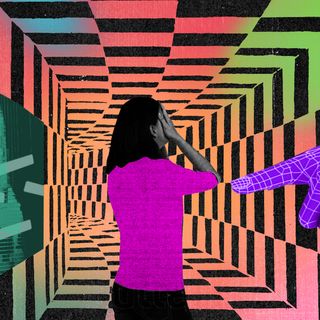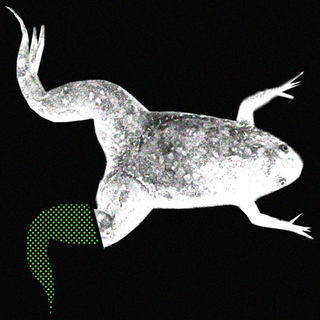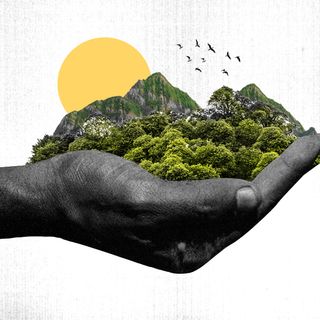The glorious black birds of the sky, who are otherwise known for their intelligence, may also soon be doing some social work on the streets. Crows in Sweden are cleaning up the streets and squares that humans littered? As unbelievable — and fable-like — as it might sound, it’s true.
Corvid Cleaning, the Swedish company behind the method, is recruiting crows as part of a reward-based, low-cost system to clean to tidy Södertälje, a city not too far from the Swedish capital of Stockholm. For every cigarette butt the crows collect and deposit into a drop-off vending machine, they get a small treat.
“They are wild birds taking part on a voluntary basis,” told Christian Günther-Hanssen, the founder of Corvid Cleaning, to The Guardian. “They are easier to teach and there is also a higher chance of them learning from each other. At the same time, there’s a lower risk of them mistakenly eating any rubbish.”
Günther-Hanssen is right. Crows are believed to be really intelligent creatures; they’re considered the smartest animals after primates. As part of their daily foraging activity, New Caledonian crows — the ones volunteering on Sweden’s streets — know how to make hooked tools from soft twigs, scientists have found.
“[C]rows showed reasoning skills equivalent to a 7- to a 10-year-old human child, giving them a higher chance of successfully handling the complex tasks of seeking out littered cigarettes, dropping them off to a specific machine, and receiving food as their reward,” Firstpost reported.
But you might wonder: “Why cigarette butts?” While many continue to believe in the myth that cigarette butts are biodegradable, the fact remains they aren’t. In fact, cigarette butts are actually “the most abundant form of plastic waste in the world.” Moreover, according to a 2019 report, six trillion cigarettes are smoked worldwide annually, and 4.5 trillion cigarettes are littered in the environment.
Related on The Swaddle:
Coca‑Cola Trials Paper Bottles To Address Plastic Pollution. But Is It Actually Good for the Environment?
“There’s something about flicking that cigarette butt… It’s so automatic,” Cindy Zipf, executive director of Clean Ocean Action, a non-profit organization, had told National Geographic. We’re only beginning to realize now that “automatic flicking” was never a good idea.
At present, the endeavor with crows is just a pilot project. Its success will determine whether it is rolled out for the entire city — and eventually cover a larger territory. Moreover, a bigger rollout will also depend on better financing for the project. But if launched, Günther-Hanssen estimates this method could help the municipality save 75% of the costs involved in the disposal of discarded cigarette butts — at the very least.
“The estimation for the cost of picking up cigarette butts today is around 80 öre [about Rs. 2 in Indian currency] or more per cigarette butt, some say two kronor. If the crows pick up cigarette butts, this would maybe be 20 öre per cigarette butt. The saving for the municipality depends on how many cigarette butts the crows pick up,” Günther-Hanssen explained.
In the meantime, the fact that we’re working towards training a bird species to do what humans obviously can — but choose not to — forces us to reckon with the cost of individual and collective human callousness on the environment.
“…we can teach crows to pick up cigarette butts but we can’t teach people not to throw them on the ground. That’s an interesting thought,” Tomas Thernström, a waste strategist at Södertälje municipality, noted.




